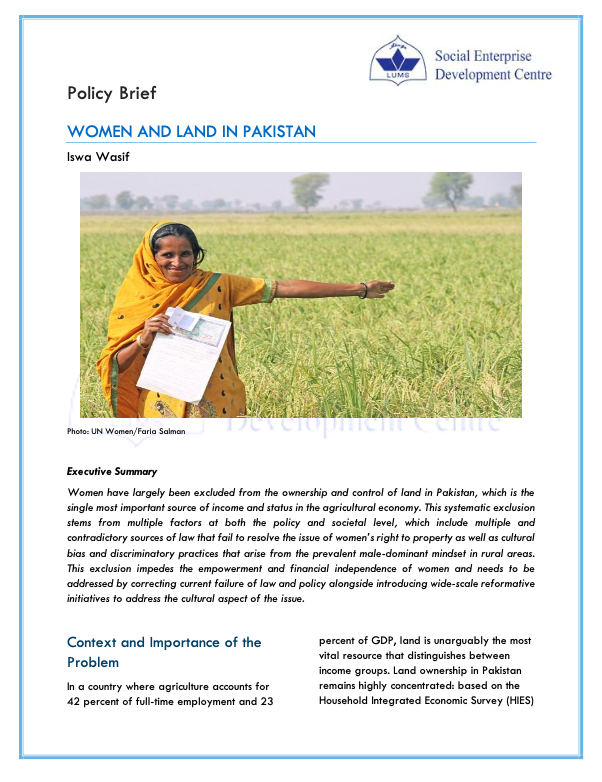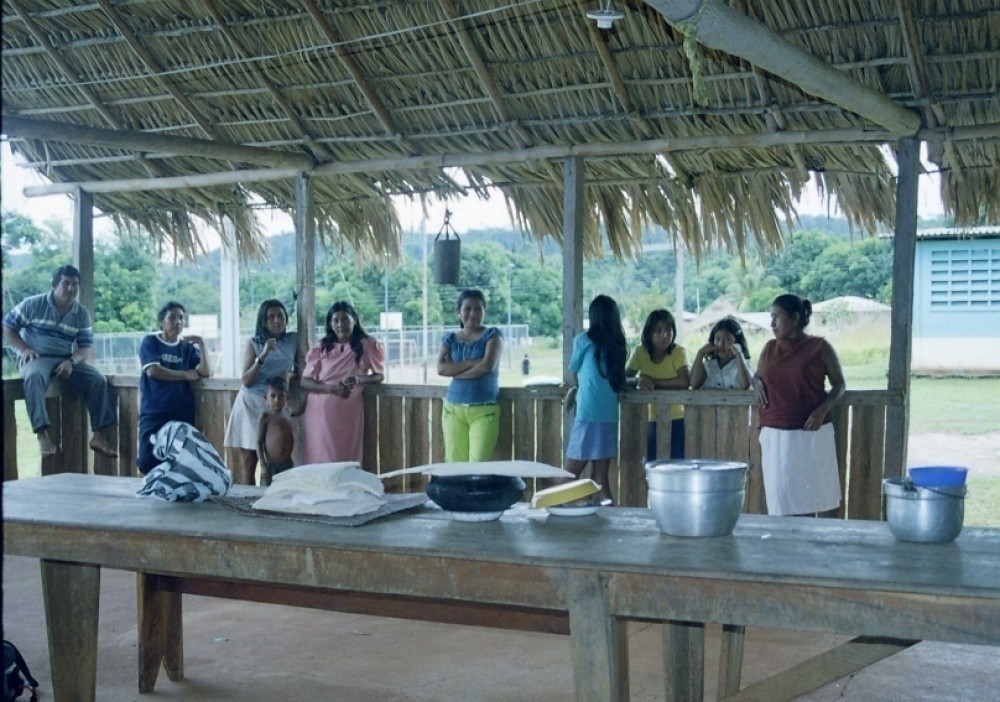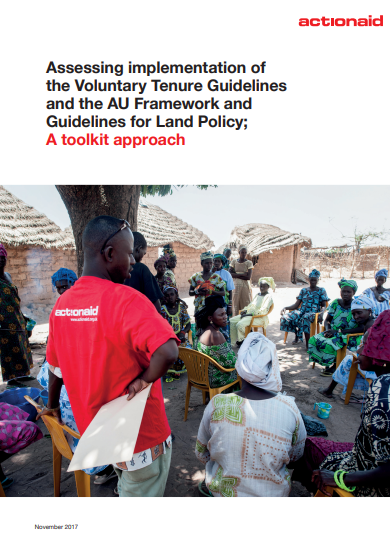“Resistencia de la ganadería familiar uruguaya”
Montevideo, Uruguay
19 de diciembre de 2017
“Resistencia de la ganadería familiar uruguaya”
Virginia Rossi
La producción familiar ha persistido y superado muchas crisis, llevando adelante estrategias para reproducir sus condiciones de vida en el campo. Pero si bien en Uruguay ha recibido atención de las políticas públicas en los últimos años, su importancia en la estructura agraria nacional continúa disminuyendo desde mediados del siglo XX, dificultando el desarrollo de modelos “no capitalistas”, con los que confronta el agronegocio.









